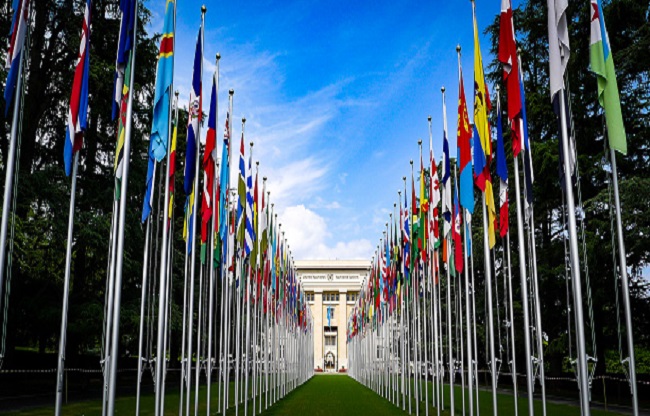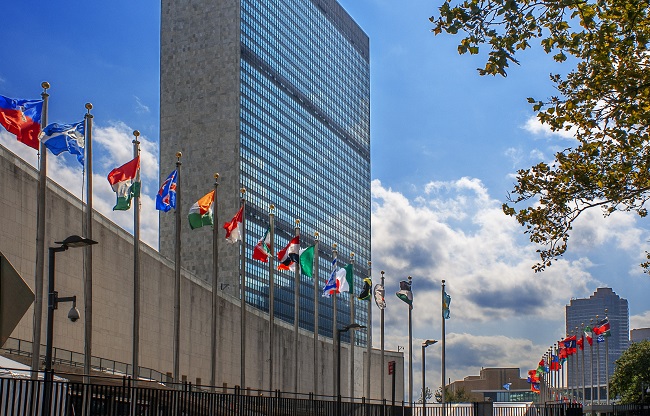Currently, 193 countries are full members of the United Nations (UN). Palestine is not included among these. It first applied for full membership in 2011 but failed to secure unanimous consent. Let's explore why Palestine remains at the UN's threshold.
We'll seek answers to three key questions:
What is Palestine's current status and why is it eager for full membership?
How does one acquire UN membership and what are its benefits?
Which countries do not have UN membership and why?
Where does Palestine stand at the moment?
Palestine holds the status of a non-member observer state at the UN. This means it can attend UN sessions but only superficially, without any voting rights. It was granted this status in 2012, similar to Vatican City. Both have the right to speak at the General Assembly and influence other members before voting takes place.

Source: aajtak
How is full membership granted?
Palestine's previous attempt in 2011 for full membership also failed to achieve consensus, blocked by the US. For full membership, approval from nine of the 15 members of the UN Security Council is required, along with the endorsement of the five permanent members. Any veto from these permanent members results in a failed resolution.
Just to skim the surface of the UN Security Council (UNSC) membership: it consists of permanent and non-permanent categories. Only five countries are permanent members – the US, UK, Russia, France, and China. Additionally, ten countries serve as non-permanent members, rotating every two years.
Why did the US vote against it?
The US representative to the UN, Robert Wood, spoke on the matter by saying the US believes direct negotiations between Israel and Palestine are the proper course for granting Palestine statehood. The US is not opposed to Palestinian statehood, but the resolution should come from bilateral discussions.

Source: aajtak
The issue of recognizing Hamas as an integral part
Another hurdle to granting Palestine the status of a permanent UN member is the current governance of Gaza Strip by Hamas, considered a terrorist organization. The proposal also recognized Hamas as part of Palestine, which, if acknowledged, would essentially grant a recognized status to a terrorist entity. This recognition could embolden other similar organizations.
How many members are currently in the UN?
At the moment, the UN comprises 193 member states. South Sudan was most recently admitted in 2011, the same year Palestine made its recommendation.
According to Article 4 of the UN Charter, any peace-loving nation can join if it commits to global peace and addresses major issues. However, membership can be revoked for engaging in war crimes or genocide, though no such action has been taken to date.

Source: aajtak
What are the benefits of membership?
There are several benefits to UN membership. During crises, assistance is more readily available, especially when strong countries are involved. Recognized UN nations can also obtain loans easier and enjoy various forms of assistance as members.
Acknowledgement by the UN improves educational opportunities for children, and pandemics are better managed through UN agency interventions. Permanent membership also fosters closer diplomatic ties with other member states as part of a larger international community.
Several countries may only have partial recognition due to deep-seated border conflicts. UN acknowledgment could pave the way for wider recognition in due course.
These countries are not UN members
Currently, only Palestine and Vatican City are non-members. We've already discussed the issues with Palestine; its association with Hamas is troublesome. Meanwhile, Vatican City chooses not to be a UN member. This is also provided for in Article 24 of the UN's charter.




